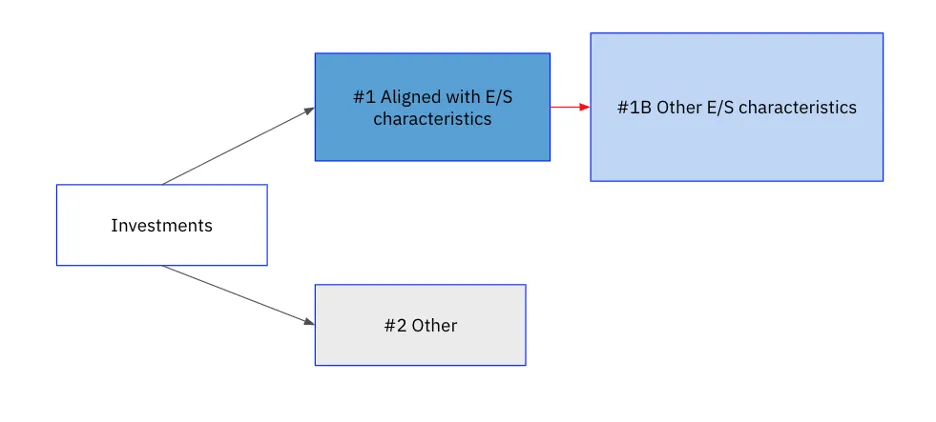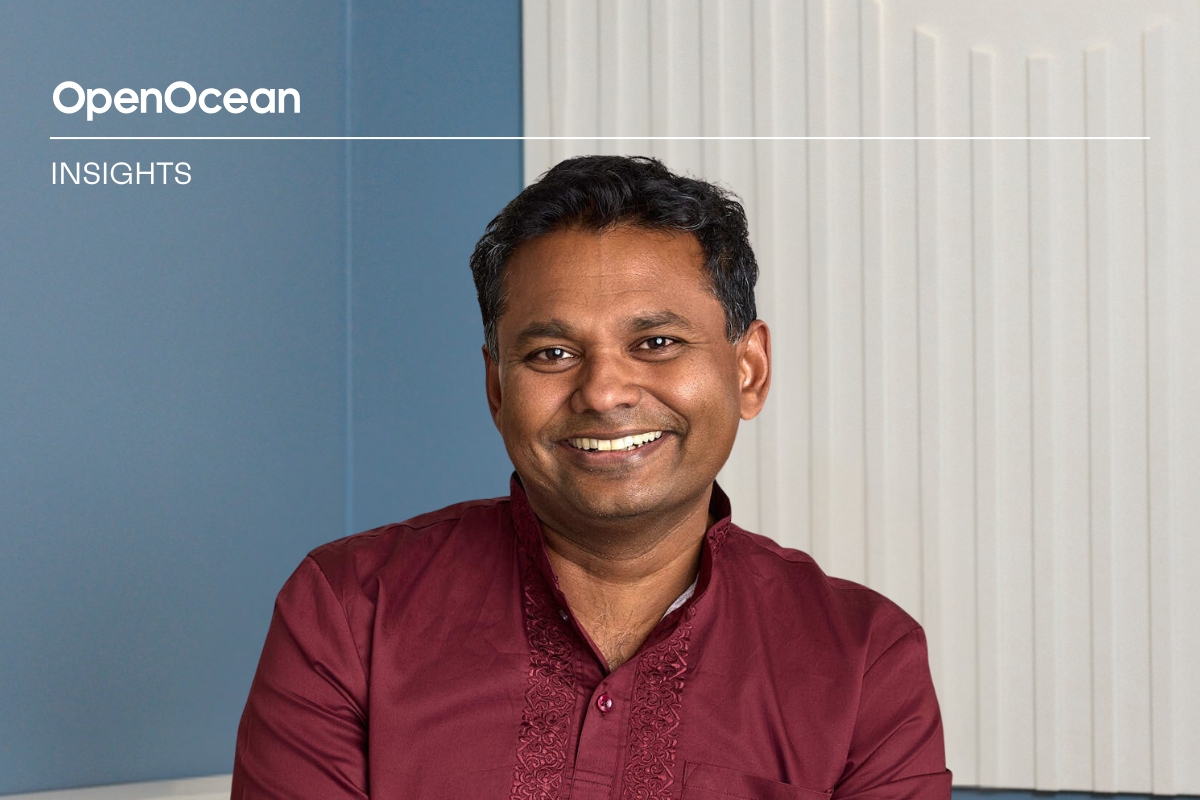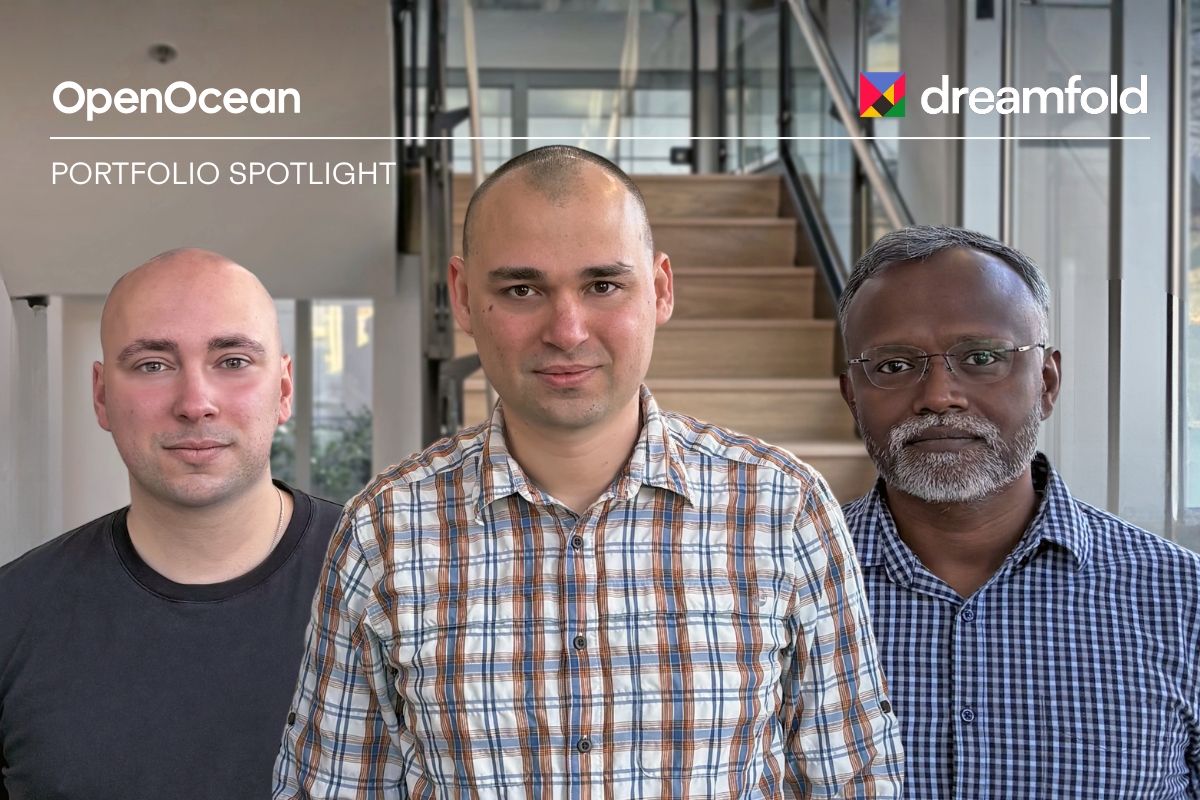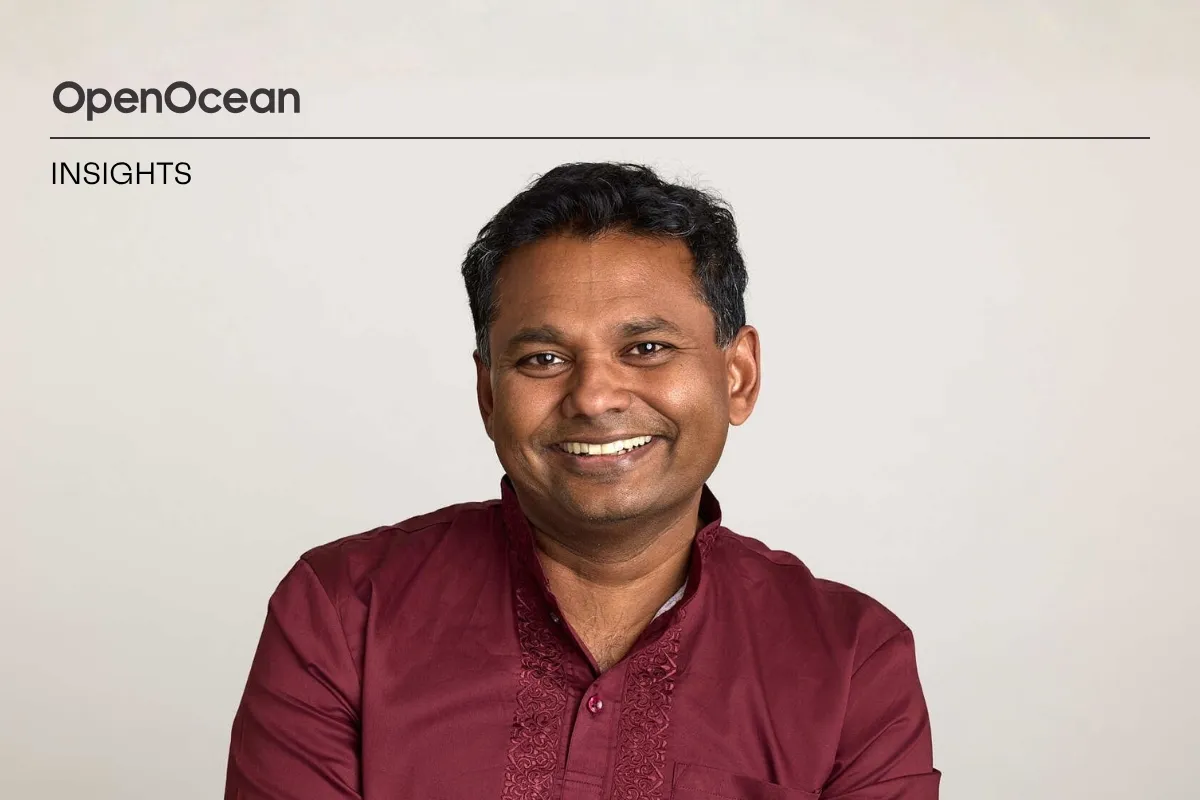SFDR Disclosure
SFDR Article 6 Disclosure
Considers: Open Ocean Fund Two Ky, Open Ocean Fund Three Ky, Open Ocean Fund 2015 Ky, Open Ocean Opportunity Fund I Ky, and OpenOcean Fund 2020 Ky
Pursuant to Article 6 of Regulation (EU) 2019/2088 on sustainability-related disclosures in the financial services sector (the “SFDR”), OpenOcean provides the following information for its Article 6 funds:
OpenOcean integrates sustainability risks into its investment decision-making process for all funds, including those that do not promote environmental or social characteristics under Article 8 or 9 of the SFDR.
OpenOcean Funds operating under SFDR Article 6 do not currently consider Principal Adverse Impacts (PAIs) on sustainability factors, as defined under Article 4(1)(a) of the SFDR. This approach reflects the resource constraints and data limitations inherent in early-stage investing. Nonetheless, ESG considerations remain integral to the Funds’ investment decision-making and ongoing portfolio management practices.
SFDR Article 8 Disclosure
Considers: OpenOcean Fund 2024 Ky Pursuant to Article 8(1), (2), and (2a) of Regulation (EU) 2019/2088 and Article 6(1) of Regulation (EU) 2020/852
Summary
OpenOcean Fund 2024 Ky is a financial product within the scope of Article 8 of the Sustainable Finance Disclosure Regulation (SFDR). While the Fund does not pursue sustainable investment as a defined objective, it promotes specific social characteristics—namely, employee satisfaction and employee diversity—across its portfolio. These factors are embedded in the Fund’s investment process and are supported by structured ESG assessments, ongoing monitoring, and engagement.
Although the Fund does not consider Principal Adverse Impacts (PAIs) on sustainability factors, it targets full alignment of its investments with its promoted social characteristics and strives for measurable impact within the constraints of early-stage investing.
Sustainability Objective
OpenOcean Fund 2024 Ky does not have a sustainable investment objective. Instead, it promotes defined social characteristics in line with Article 8 of the SFDR.
Promoted Social Characteristics
The Fund seeks to promote two specific social attributes within its investee companies:
- Employee satisfaction, and
- Employee diversity.
These characteristics are viewed as foundational to long-term value creation in early-stage technology companies and reflect OpenOcean’s commitment to responsible venture capital investing.
Sustainability Indicators and Measurement
The attainment of these social characteristics is assessed through two core indicators:
- Employee satisfaction is measured via employee turnover rates.
- Employee diversity is evaluated based on the proportion of female employees and the number of languages spoken within each portfolio company.
These metrics are applied across both employees and management to ensure comprehensive coverage.
Consideration of Principal Adverse Impacts
The Fund does not currently consider Principal Adverse Impacts (PAIs) on sustainability factors, as defined under Article 4(1)(a) of the SFDR. This approach reflects the resource constraints and data limitations inherent in early-stage investing. Nonetheless, ESG considerations remain integral to the Fund’s investment decision-making and ongoing portfolio management practices.
Investment Strategy and ESG Integration
OpenOcean Fund 2024 Ky focuses on early-stage investments (typically Series A) in 15–20 European B2B platforms and Enterprise Software startups. Investments are guided by three thematic areas:
- Data infrastructure
- Future of software development
- Automation
The Fund employs a risk-aware investment strategy that accounts for both systematic and idiosyncratic risk. To ensure geographic and thematic diversification, the Fund aims to allocate approximately 66% of capital to EU-based startups and 33% to non-EU European companies, such as UK-based firms.
Prior to investment, the Fund conducts a detailed ESG assessment using its ESG Starter Pack, which establishes a baseline on social performance. Binding commitments to improve diversity and satisfaction are formalised in the Shareholders’ Agreement, including a requirement for annual reporting on progress.
The relevant clause included in the Shareholders’ Agreement is as follows:
“To ensure long-term value creation and compliance, [the company] commits to creating and implementing an ESG plan as part of its long-term strategy, which should at minimum include actions related to employee satisfaction and increased diversity. As part of the DD process OpenOcean will help the company do an ESG assessment to define actions appropriate to the stage of the company.
[The company] also recognizes OpenOcean’s commitment to EU's Sustainable Finance Disclosure Regulation (SFDR) Article 8 and agrees to the annual reporting requirement set by OpenOcean. The company is also obliged to notify OpenOcean immediately in case of a major ESG incident* (e.g. cyber-attack leading to significant loss of personal data)”
The Fund monitors progress against these indicators on an annual basis and actively engages with investee companies to define clear milestones and development goals, ensuring that progress on employee satisfaction and diversity supports long-term value creation.
Governance Oversight
As part of its ESG integration, OpenOcean rigorously assesses the governance practices of its portfolio companies during due diligence. This includes review of:
- Corporate governance structures
- Employee relations and internal policies
- Remuneration practices
- Tax compliance
Where necessary, governance shortcomings are addressed in legal agreements. The Fund also promotes good governance through active board participation and by supporting the evolution of robust governance frameworks within portfolio companies.
Asset Allocation
The Fund targets that 100% of its investments to fall under “#1 Aligned with E/S characteristics”—i.e., those that promote the Fund’s defined social goals.

While no binding minimum share is set, the Fund also targets allocating at least 15% of its capital (measured by acquisition cost) to investments that:
- Substantially contribute to one or more UN Sustainable Development Goals (SDGs) (excluding SDG 8), and/or
- Align with the European Investment Fund (EIF) criteria for Climate Action and Environmental Sustainability (CA&ES).
Expected SDG focus areas include:
- SDG 2: Zero Hunger
- SDG 3: Good Health and Well-being
- SDG 4: Quality Education
- SDG 7: Affordable and Clean Energy
- SDG 12: Responsible Consumption and Production
- SDG 13: Climate Action
Other Investments and ESG Safeguards
In limited instances, some investments may fall under the category of “#2 Other”—where the Fund may not have sufficient ownership influence to enforce social characteristic promotion. These situations may arise, for example, in smaller co-investments. The Fund seeks to minimise such exposures and, in all cases, conducts ESG due diligence to identify potential improvements.
Reference Benchmark
OpenOcean Fund 2024 Ky does not use a reference benchmark for the purpose of promoting environmental or social characteristics.
OpenOcean Remuneration Policy Disclosure
OpenOcean is registered as an alternative investment fund manager (AIFM) under the AIFMD regime and is therefore not required to adopt a formal remuneration policy under Directive 2011/61/EU.
In line with Article 5 of Regulation (EU) 2019/2088 on sustainability‐related disclosures in the financial services sector (SFDR), OpenOcean confirms that sustainability risks are currently not integrated into its remuneration practices. This is due to the size, nature, and scale of our operations and investment strategy.
This position is reviewed periodically to ensure ongoing compliance with SFDR requirements.


